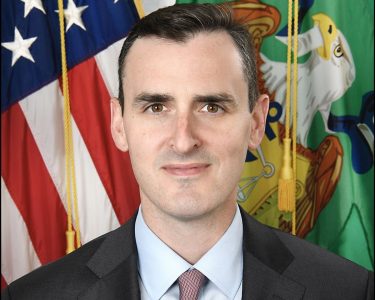
The global economic inequality carrying a $4 trillion gap annually was brought to light during the Biennial Summit for Sustainability, Resilient, and Inclusive Economy, UN General Assembly in New York on Wednesday, 24 September 2025.
Reflecting the on the current trajectory of global economy during his speech, the President of South Africa and of the G20 Cyril Ramaphosa expressed concerned over the economic gulf and called on world leaders and financial institutions to work together in closing the financing gap.
Ramaphosa said they are gathering at a time when the 2030 Agenda is in peril. He said it is estimated that in order to close the financing gap, they need $4 trillion annually if they are to meet the Sustainable Development Goals.
“A succession of crises has exposed the fragility of our interconnected economies and revealed deep inequities in our capacity to respond. While some nations are able to mobilise trillions to shield their citizens and economies from pandemics and other emergencies, others are left constrained by debt and denied fair access to global capital.
We should use this Summit to push for the full implementation of commitments made across various forums – from the Financing for Development process to the G20 and Climate Change COP,” said President Ramaphosa.
President Cyril Ramaphosa alluded that Africa is almost always left behind while developed economies continue soar to greater heights. In another instance, he called out the United States for using trade to bully emerging economies and the world which further exacerbates the economic inequality across the world.
Ramaphosa said global leaders must strengthen coordination between the UN, the African Union, the G20, international financial institutions and other global financial actors, embedding inclusivity at the heart of global economic governance.
He outlined measures to be undertaken in order to close the SDG financing gap, these include:
Firstly, the need for debt relief and restructuring that is faster, fairer and more comprehensive.
Secondly, the need to mobilise affordable, accessible financing from a wide range of sources.
Thirdly, the need to rechannel unused Special Drawing Rights to countries in need.
Fourthly, Scaling up concessional finance through development banks.
Lastly, Reform global tax rules to curb illicit financial flows
“Beyond financial instruments, we need confidence that commitments will be honoured and that global rules will be shaped by all members, not just a few. Let us forge a new compact for financing sustainable development rooted in solidarity, equity and mutual accountability.
South Africa stands ready to ensure this Summit becomes a turning point in our collective effort to build a sustainable, inclusive and resilient global economy,” said the President.





